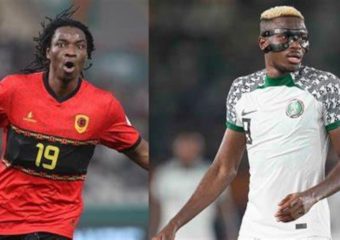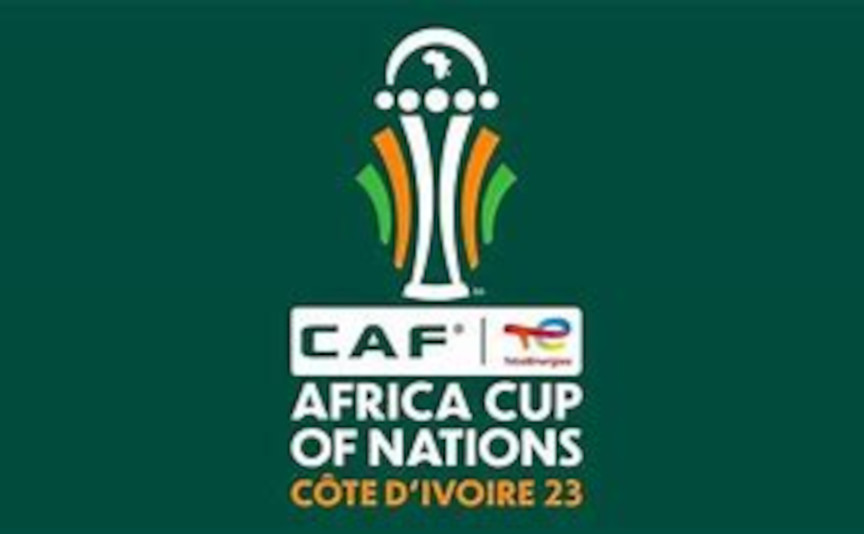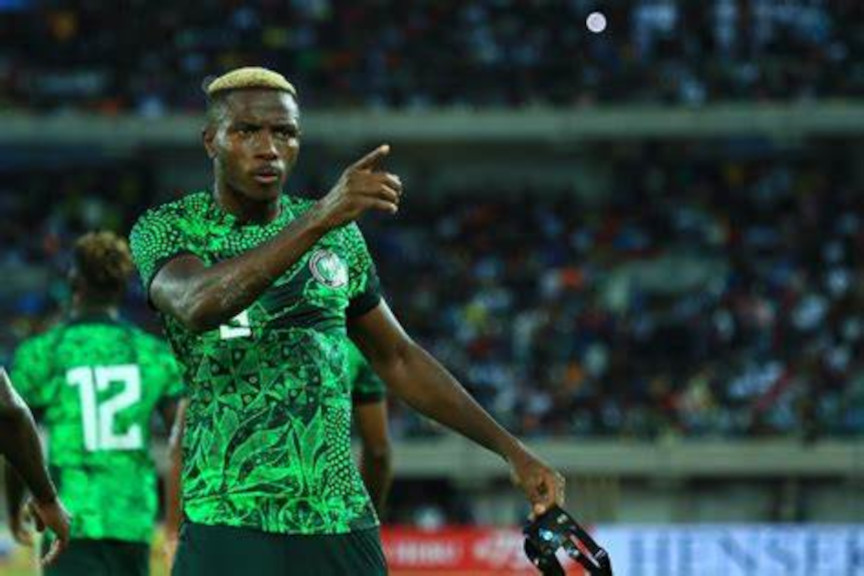I do not like football matches against Angola.
Since that fateful day of August 19, 1989, at the national stadium in Lagos, when a match ended tragically with the death of Nigeria’s great and gifted midfield ‘general’ Samuel Okwaraji, I have not got over the depression that sets in whenever the Super Eagles are to play against the Palancas Negras of Angola.
Today, I find myself in an unusual situation. I am writing this on Thursday night. I cannot preview the match against Angola coming up on Friday because this would be published on Saturday. Unless I can predict the future, there is no way I can either do a preview or a review of that most important high-stakes’ match that will determine the fate of both countries.
I have a problem with Angola.
I never played against them throughout my career in the 1970s and 1980s. They did not even exist in the radar of major African football at the time.
Since then, however, more as a result of the psychological effect of that August 19, 1989 sad event in Lagos, any mention of the country bodes something negative.
Decades after the Okwaraji episode, as if Nigeria was in a trance, the country took its last qualifying World Cup match to the one place that the Nigeria Football Association under Ibrahim Galadima had no business taking the match to – Kano.
The players played on a totally unfamiliar bad turf, under unbearable scorching heat, and ‘lost’ by playing a draw.
It was against Angola again. They halted Nigeria’s dream of going to the 2006 World Cup. That added salt to the injury of a crisis in Nigerian football administration that has remained unresolved till now.
I have good reasons not to like Nigeria playing against Angola. They have always been unknown foragers in Nigeria’s ‘forest’, a small football country that shows up from nowhere like a thief in the dark, and poses a threat, becomes a lump in the throat and creates palpitations in the heart of Nigerians.
So, this article is neither a preview nor a review. It is also not any attempt to tempt or test the elements by predicting what would have happened last night.
The stakes are very high again. The Angolans are not the unknown quantity of the past. They got to this stage of AFCON 2023 on merit, topping their Group, scoring the highest number of goals, conceding the least, and winning their round-of-16 match playing with ten players. They are a dangerous but known opponents now.
So, this time, with no place to hide and no sneaking up on the Eagles, by the time you are reading this, the Antelopes would have joined the list of the casualties along Nigeria’s unstoppable march to the AFCON 2023 trophy.
I hope I am right!
AFCON 2023 Roadshow – Nigerian Supporters take battle to the streets
I have always known about the Nigerian football supporters club. EI knew the club even as I became a member of the Green Eagles squad in December of 1973. The body in the early 1970s was headed by late Deacon Osho.
The supporters were an integral and important part of the Nigerian football structure, their roles defined by their energising presence during matches of the national teams.
Clad in their Green and White uniforms, they would sing popular gospel and other songs through most of a football match, with their leader backing the football field (not even watching the match) as he conducted them to sing and cheer (or boo whenever the Eagles failed to impress).
That routine was escalated during the final match of the 1980 African Nations Cup. The 100,000 spectators that jammed into the 60,000-capacity National Stadium, Surulere, like Sardines in a can, were led in singing and dancing by one of Nigeria’s greatest highlife musical legends, late trumpeter, Zeal Onyia. It was a turning point.
Since then, the Supporters club became a Movement, a permanent feature in Nigeria’s football firmament, a fully integrated part of the National team, the Green (Super) Eagles, providing the psychological edge needed to transform a good team to a winning one, simply with the power of passionate vociferous support through loud song and dance.
The Nigerian Football Supporters Club grew and, under the leadership of Dr. Rafiu Ladipo, became an international brand, growing side-by-side the Super Eagles, inseparably, like Siamese Twins!
It, eventually, metamorphosed into the foremost football supporters group in the whole of Africa. By 1994 it made the front pages of major international football magazines and newspapers.
There have been some crisis within the organisation in the past decade or more, but Dr. Ladipo remains the most visible and a most respected face of the body in Nigeria.
Factions of the group now exist, but despite that, all differences disappear when the members congregate in the terraces during international matches to sing, drum, chant and dance in support of national teams.
Dr. Ladipo is in Abidjan leading a number of international chapters of the Nigerian Football Supporters club across West Africa to support the Eagles.
I had planned to travel to Abidjan from Lagos in a branded trailer-home. It was to be a novel roadshow that would ‘rock’ the entire route from Lagos to Abidjan, and paint AFCON 2023 Red, Black and Blue during the one-month period of the championship. It was an audacious plan that had to be minimised only when the luxurious bus could not be fixed on time for the long, 1100 kilometres, three-days adventurous trip along the West African coastline.
On Thursday, I went to apologise to Dr. Ladipo and his officials who had to make alternative arrangements to get to Ivory Coast at their base in Ejigbo Parapo, headquarters of Nigerians in Ivory Coast, where they were holding a strategic meeting for last night’s match.
That engagement became my baptism into a new area of football – joining supporters to mobilise, sensitize and motivate Nigerians living in Ivory Coast to come out and support their national team in its quest to win AFCON 2023. It was a long walk, through the streets of Ejigbo Parapo community, singing and dancing.
It was a new, strange but beautiful experience for me, and I thoroughly enjoyed the engagement with the public.
What I realised at the end is that, indirectly, Nigeria has taken the battle for the 2023 AFCON to the streets of Abidjan.
MUDI in Abidjan!
MUDI is a very well known fashion brand amongst celebrities and captains of industry in Nigeria. It does men’s clothes only. I have always loved its Black and White designs.
I learn that there is a branch of the MUDI fashion outfit on a high street where big international stores are located in Abidjan. I am curious and decide to seek it out.
Lo and behold, it turns out to be the same MUDI, the Nigerian Fashion House owned by fashion design Guru, Mudi Udiaga. So, he has spread his ‘tentacles’ to Cote D’Ivoire?
I am pleasantly surprised at the image the MUDI brand has created for Nigerian fashion on the high streets in Abidjan. The store stands out with its Black and White colours, a Richard Mofe-Damijo giant poster outside it inviting passers-by, a touch of class in its exterior and interior. It is a great advertisement for Nigeria and for Nigerian fashion.
I walk through the store and feed my eyes on the beautiful clothes. I shall be meeting with the big masquerade himself as soon as he breezes into town to watch and support the Super Eagles in yesterday’s big match and others to follow on the Eagles’ march to final victory.
MUDI is located in Elle II Plateaux, by Vallon, opposite Zino.
No audience with the Eagles this time!
I did not pay my usual visit to the Eagles Camp last Thursday night as has been my practice.
I sensed that with the sweetness of Nigeria’s last victory against Cameroon, there may be a flood of dignitaries going to visit the players in patriotic solidarity. So, I chose not to add ME to any further burden on the players.
I sent a message to them through their captain wishing them well. He thanked me in his response and promised they would do well and win.
I hope they did.








Latest Comments